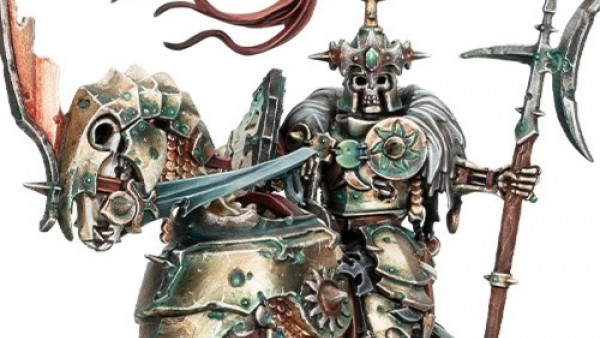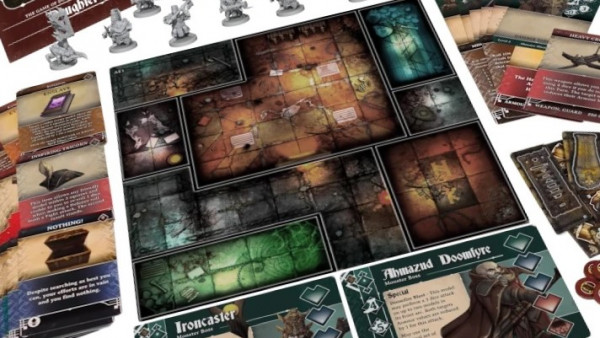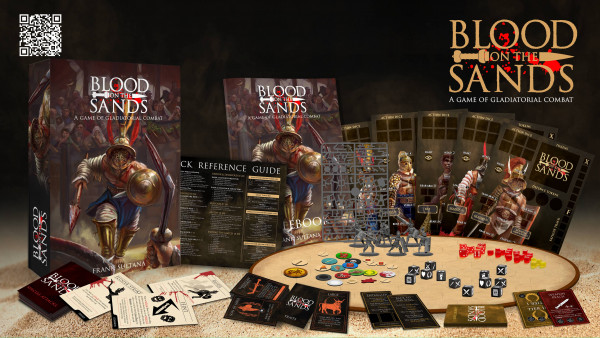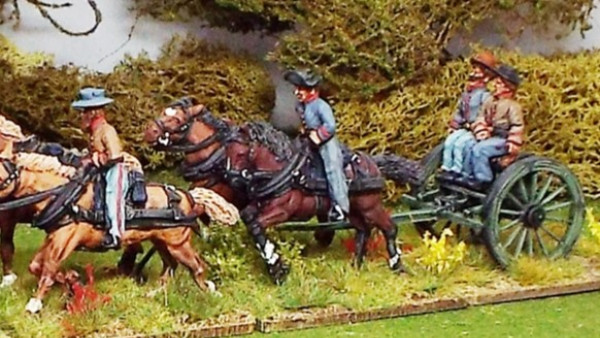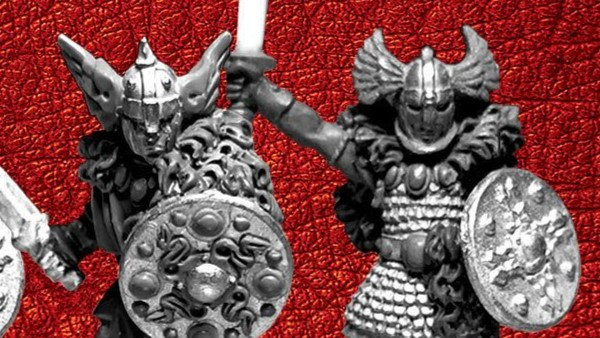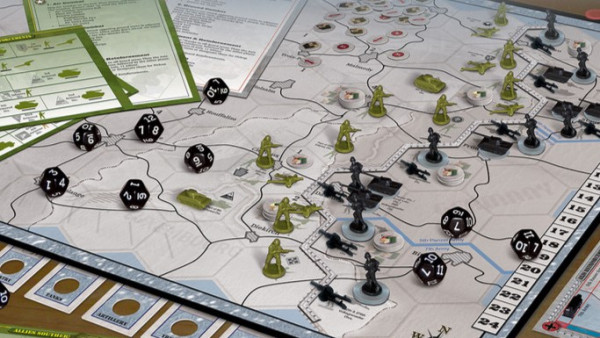Home › Forums › News, Rumours & General Discussion › D&D officially turning Forgotten Realms sights away from Euro inspired campaigns › Reply To: D&D officially turning Forgotten Realms sights away from Euro inspired campaigns
In terms of culture some games do include mechanics that represent parts of the culture of the world. So the honour and glory system in L5r that you mention Shadowrun includes “Street Cred” and “Notoriety” which can be a curse and a blessing. But these are games which are bound to a particular setting in a way that d&d is not. And the Kara-Tur, Zakhara and Shaar source books, while describing new cultures are still part of a wider world. If those cultures do have different social rules and structures they must be handled purely through Role-play and not through mechanics in order to be consistent with the rest of the setting. For example the existing parts of the Forgotten Realms world is based on medieval Europe but there are no specific mechanics in place to deal with the cultural and social elements of medieval European society, which was every bit as hierarchical as Japanese culture and lower levels of society were expected to show respect and deference to those above them and movement between those tiers was incredibly difficult. Because Forgotten Realms has largely done away with this for the medieval European inspired continent of Faerun, I would expect to see similar treatment of all of the other Realms with a focus on the mythology of those places rather than an more accurate portrayal of the society. Individual GMs are free to impose cultural behaviours and rules on their game as they see fit but it’s all narrative and Role-play and not mechanical.
In my mind the rules and mechanics of a game should not dictate a players decisions because that’s just reducing the freedom that you have as a player. The rules are only necessary to provide a framework to facilitate actions that can have an effect outside of the characters’ selves that may potentially be opposed or affect the environment or other people. For example speaking doesn’t require a rule or a test – aside from possibly offending someone the words have no physical impact on the world. Intimidating someone however does require a rule because you are trying to create an effect on someone else. Walking doesn’t require a rule or a test, climbing where you could potentially fall and die does. When you introduce too many rules and mechanics it starts feeling more like a board game and although I have no problem with Boardgames I play RPGs and Boardgames for different experiences.




































![TerrainFest 2024! Build Terrain With OnTableTop & Win A £300 Prize [Extended!]](https://images.beastsofwar.com/2024/10/TerrainFEST-2024-Social-Media-Post-Square-225-127.jpg)







